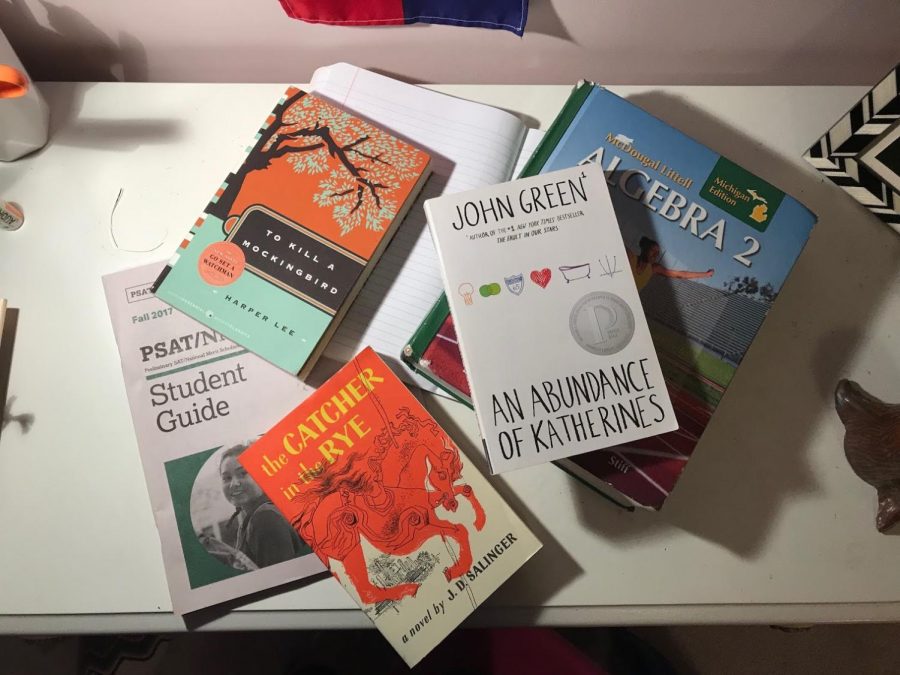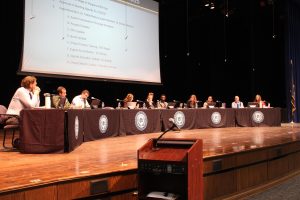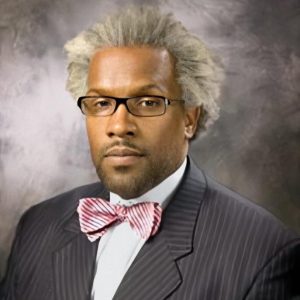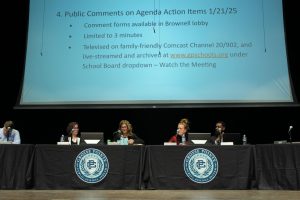Reading books on own can make a big impact on students
Reading books outside of school is linked to better academic performance and test scores. Photo by Audrey Whitaker ’19
February 9, 2018
Reading is a part of school for everyone, like it or not. And, like it or not, making reading a part of life outside of English class can be extremely beneficial to students academic performance.
South English teacher and department head Danielle Peck said that while she can’t tell just by looking at a student, the work they produce revels how curious they are to explore texts outside of class assigned reading.
“I can’t say that I can walk around the classroom and say, ‘Yes, you do, no, you don’t,’ but I have found a general correlation between students who are better writers, students who perform well on their analytical pieces, perform well on the tests that we give, even the standardized tests. Those are generally the students who are also reading on their own,” Peck said.
According to Peck, reading outside of assigned course reading helps students write, discuss and analyse better in class.
“Anytime they speak up in class when they are making a point, they will be able to make more sophisticated points, because they’ve heard more arguments, they have heard what other people think about things because they have read more,” Peck said. “When they’re writing in class, whether that be an original argument or analytical response, they can use what they’ve learned from other texts.”
Peck said that while you read, you’re picking up on conventions of writing like correct uses, or at least conventional uses, of grammar and English.
“If you’re reading books, you are reading examples of good writing constantly. If you’re reading publications that are noteworthy and are generally accepted as a credited journalistic publication, then you are reading good examples of writing,” Peck said.
Caroline Gormley ’19 said that she notices the positive effect of reading outside of school on her school work and standardized tests.
“My score has improved with reading. I think reading helps you with comprehension, because if you like what you’re reading, you will want to think about it and remember it,” Gormely said. “That helps when you have to take a test with a reading passage you’re not really crazy about.”
Peck also said that reading more improves students scores on free response and standardized test questions. She said that the ability to make a point cohesively and clearly, and use evidence to support that point can be used outside of the academic world as well.
“I can’t say that I can walk around the classroom and say, ‘Yes, you do, no, you don’t,’ but I have found a general correlation between students who are better writers, students who perform well on their analytical pieces, perform well on the tests that we give, even the standardized tests. Those are generally the students who are also reading on their own,” English teacher Danielle Peck said.
“Realize what the AP College Board is asking for on a free response question is, are you able to make a point cohesively and clearly, and use evidence to support that point?” Peck said. “And realize that’s what we do on a daily basis when we are conversing with other people.”
Peck noted that the same ideas can apply to the way we interact with people in our day-to-day lives. Peck said that people who form arguments like this in real life discussion are the people we are most likely to listen to and believe, especially when their opinion is different from your own. She finds that in her own life, reading has lead to more interesting discussions and conversations with other people.
“I read a lot, and I have great friends that read a lot. I enjoy going to dinner with them and having a conversation with them that is more than just about whatever the weather is like that day,” Peck said. “I feel like just reading more, you are more likely to be a more informed citizen in this world, which I think is really important in this day and age.”
Gormley agrees that reading has enhanced conversations and made meeting new people easier.
“When I meet people who have the same interests in books as I do, or who have read similar books, we can talk about it and connect. It definitely gives you more to talk about,” Gormley said. “Books have definitely positively impacted the way that I interact with people and the types of conversations that I have.”
South english teacher Kevin Cox agreed that reading broadens a student’s understanding of the world and people around them.
“Reading helps students become more empathetic, and it broadens their understanding of the world, because they’re able to think beyond themselves and consider possible scenarios or experiences that add to their understanding,” Cox said.
Both Peck and Cox said it’s important to push beyond one’s comfort zone when looking for something new to read.
“I would also encourage people to push beyond their comfort zone in what they read, because, again, it helps them better understand scenarios, possibilities, ideas beyond our own and really experience it,” Cox said.
Cox said that reading all different types of text, from graphic novels to non-fiction, to politics or current events to literature, all add to an understanding of what one is reading in different ways.
Gormley said one of the reasons she loves reading is because it’s creative, in its own unique way.
“I feel like reading lets you be creative because it’s kind of like watching a movie or seeing a TV show, only in your head,” Gormley said. “The reader gets to create more and be more involved in that process than if you’re just watching it on a screen.”
Cox said that one thing reading does that TV can’t is allow the reader to create their own image of what’s happening in the story.
Peck said that while reading is important, it’s important not to discount the media, just be aware of the content and whether or not it is doing something that is positive for you.
“I try to ingest something that is going to challenge me in some way,” Peck said. “Sometimes it’s a book, sometimes it’s a film, sometimes that’ll be a podcast, even a Youtube video. I don’t discount any form of media, and sometimes that thing that challenges me will be a Facebook post.”
Peck said that sometimes, media that doesn’t challenge you is okay too. Things like social media and TV are other fun ways to share, learn and relax. She said that today, relying on only reading for information would cause one to miss out on lots of other things.
“It’s fine to consume junk. The question is how much junk are you consuming? There’s junky books, there’s junk TV shows, and they’re fine sometimes, but how much?” Peck said.
Gormley, who said she typically reads two or three books on her own in a month during the school year said that she definitely reads more during summer vacation.
“I definitely read more over the summer and during school breaks just because I have more free time,” Gormley said.
Gormley said she tries to make time during the year to read despite her heavy homework load.
Peck and Cox both acknowledged that students have a busy schedule, and do need a break from time to time.
“I know it’s stressful to have your academic reading, or your required course-load of reading, but whenever people get a chance to read, I hope they find some websites, some journals, some authors, that they really enjoy and that they keep reading for pleasure long after their formal education is over,” Cox said.















































































